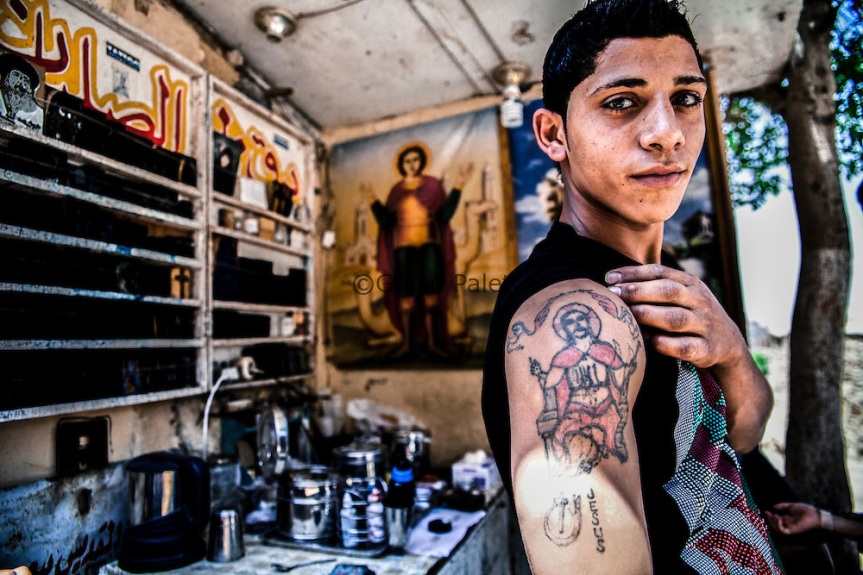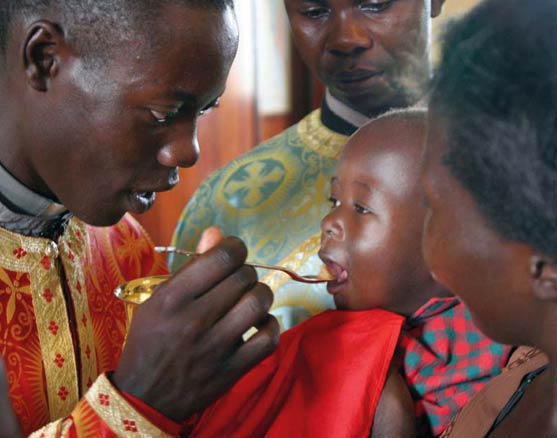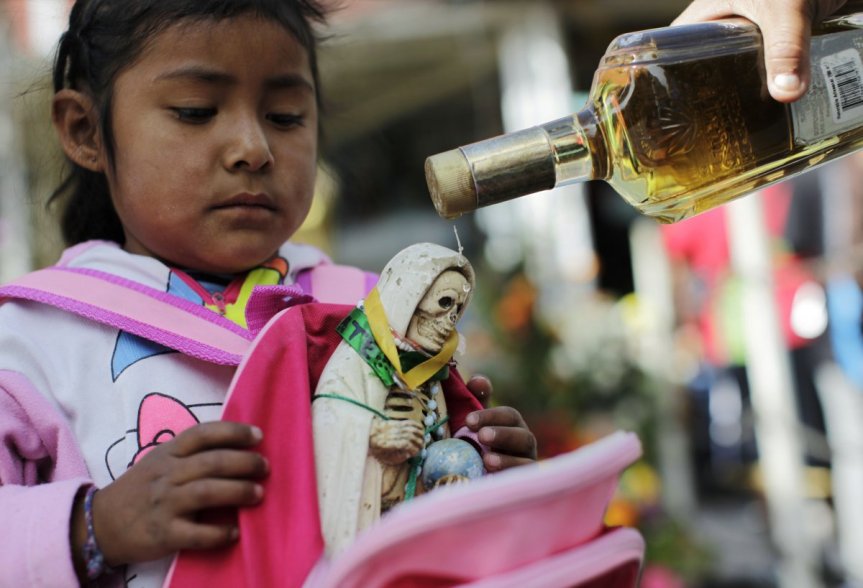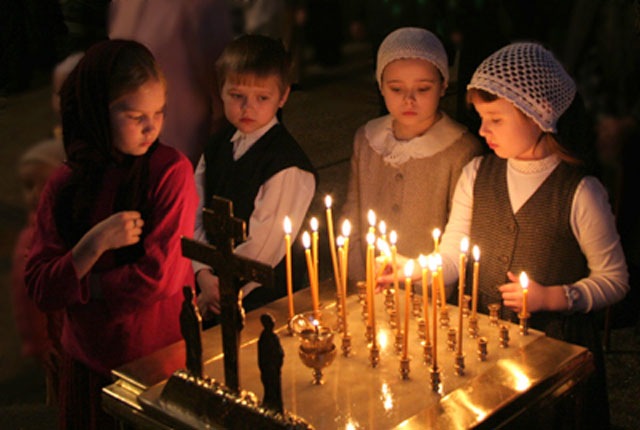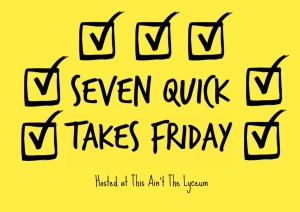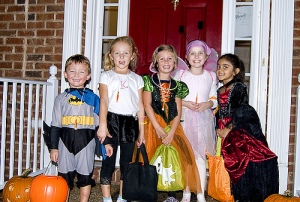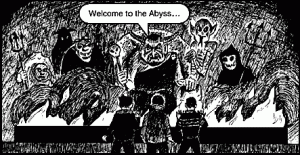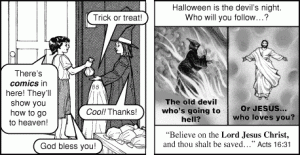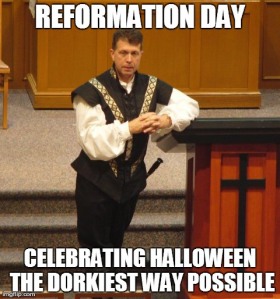After the election, my (white) liberal friends were shocked. They really, truly couldn’t believe that so many people would vote for Trump, a man who built his campaign around hatred of the other. They also couldn’t believe that there are still racists, not in such high numbers.
There are at least two misunderstandings here. The first is that all Trump voters actually liked the guy. If my youngish liberal circles are anything to go by, liberals don’t necessarily vote for the Democrat. If it’s someone like Clinton who is widely disliked, they may vote for Stein or Johnson, or do a write in, or leave that line blank. They insist that to do otherwise would harm their consciences. Conservatives, in my experience, do NOT do this. They feel a deeper urgency and have an enormous capacity to hold their nose and vote for the R. They may complain about it, but they wouldn’t dream of staying home or voting for anyone else. I know very, very few die-hard Trump supporters; I know lots of people who voted for him.
The second misunderstanding is that our country has overcome racism.
My temptation in the face of this ignorance is to yell “Are you f***ing kidding me?!” The signs of racism seem so blatantly obvious to me that I have a hard time believing that otherwise intelligent people can be so naive.
A conversation with my co-worker today made me stop in my tracks, however. He said that he had always assumed that of the crowds you see at the local Walmart, which for reference is in metro Atlanta, maybe one or two people were bigoted. So I shared only a couple of my foundational experiences of relatives being racist, and he was aghast.
I grew up in the very, very Deep South – not the quaint, Steel Magnolias and Charleston Deep South, but the redneck Honey Boo Boo South. There’s a town near mine that has a rattlesnake festival every year that features snake racing. It’s different. My parents didn’t teach me not to be racist – I want to die laughing at the thought of that happening. No, my early race memories were more like this:
- The day my dad pointed out a black man walking across the street and said “Criminal.” I was about six.
- When my granddad was telling my dad about a Dr. King march in Atlanta, and described the marchers as “a bunch of niggers, only some are white.” My dad thought that was hysterical. I was about eight.
- At an early age, my vocabulary of slurs and put-downs included such gems as camel jockies (Arabs), sand niggers (also Arabs), jigaboos, jungle bunny, coon, porch monkey, welfare queen, crack-baby, and sambo, in addition to the garden variety nigger. Years later the term Canadian became popular, a code word for nigger that whites felt comfortable using in public. I never said these things, but I was very used to hearing them.
- The first time I heard about a police shooting a black person on the news, my mom commented that she was so glad it was a black cop that did the shooting. “If he was white then they (black people) would just make it into a racial thing.”
- My dad was incensed that my elementary school taught us a little song about Abraham Lincoln. Lots of Southerners view Lincoln as a villain, or at least a liberal statist who destroyed federalism and states’ rights.
- My mom’s family was more genteel about their racism. My grandmama once commented on a little black boy that came in her kitchen while his mama was picking pecans and said “Juice! Juice!” “He hadn’t yet learned that he has his special role and place in life,” she drawled, to my relatives’ laughter. Blacks were the butt of jokes, oh so funny with their misunderstandings and mispronunciations.
- When Obama was first running for president, one of my aunts sent us all an email forward in which a little girl asked her mama why Michelle Obama said that humans come from monkeys. Her mama explained that the little girl was created by God, but that Michelle was commenting on her people, who did come from monkeys.
- Just the other week, when my uncle made me move my car because it was parked in front of their Muslim neighbors, and he thought I would get robbed.
The individual instances that stick out are just window dressing though. It’s hard to explain to someone from a different kind of place that racism can be in the air you breath, can be so pervasive and unrelenting that you don’t even realize how bad it is until you leave.
So no, I’m not shocked that there are people who saw Trump’s more incendiary messages as the main attraction. And if you do a little Google searching, you’ll learn that minorities aren’t either. They’ve been on the receiving end of too much hatred to be that blind. The word privilege is way overused, but yes, it is a sign of privilege to be shocked by racism.

